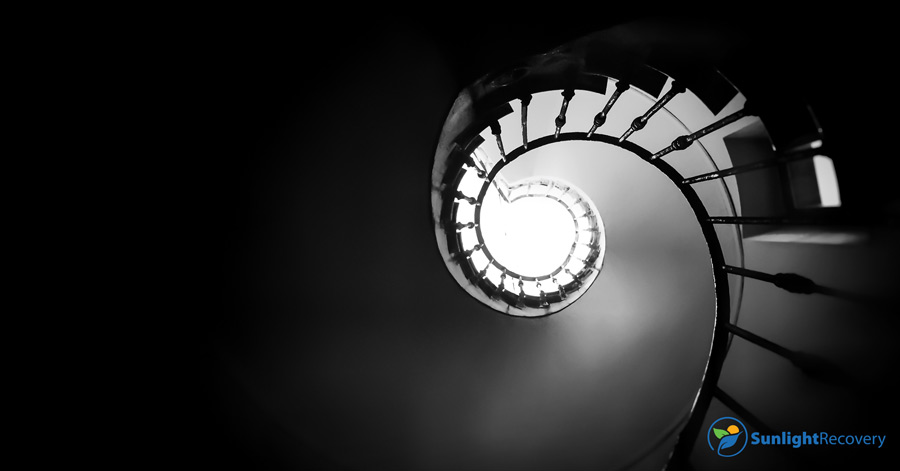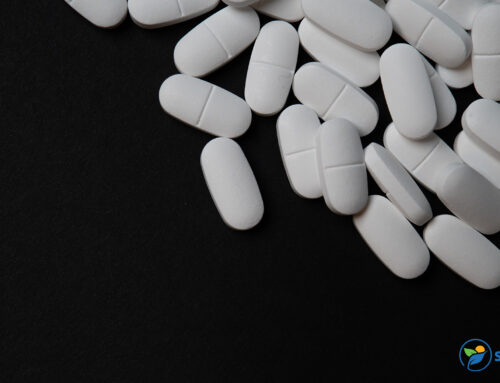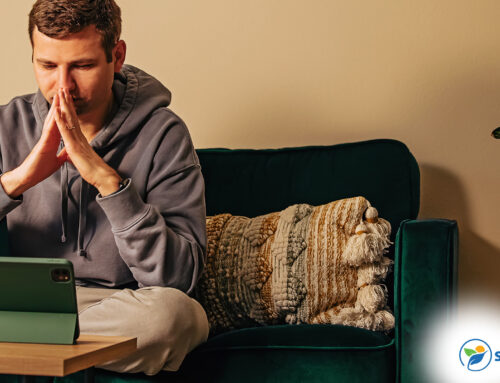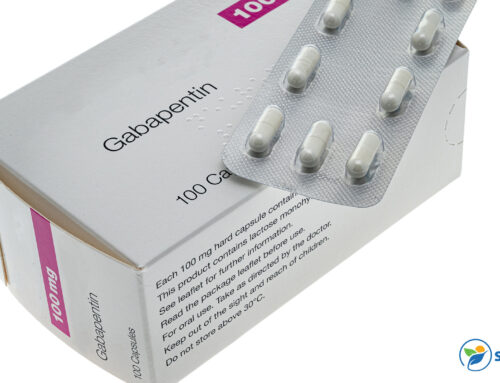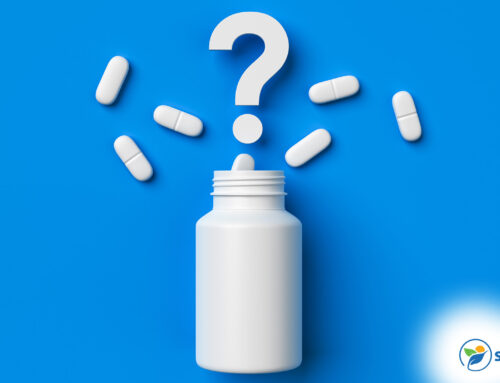The Seven Stages of Addiction
Though individual experiences can certainly vary, there are seven stages of addiction that often lead to a substance abuse disorder. The explanations below will show how you can become dependent on a drug or alcohol through a series of worsening levels. These substance abuse stages progress slowly, and people may go up or down within each addiction level until they have a full-blown substance abuse disorder or seek treatment. Each of the stages advances the progression of an addiction until reaching the treatment stage.
Keep in mind that a journey to addiction can end with common pathways for receiving help.
Stage 1: Initiation
The first phase of addiction involves your introduction to drugs or alcohol. According to the Substance Abuse and Mental Health Services Administration, around 3 million people turned to using drugs or alcohol in 2018 as first-time users.
There are many reasons why people use drugs or other substances. They might try them out of curiosity or because of social pressure. Stress or painful issues may also cause someone to occasionally turn to drugs or alcohol to relieve anxiety or depression.
Stage 2: Experimentation
During this stage, you may begin to experiment with drugs or alcohol in circumstances where they seem appropriate. For example, you might take a drug when you’re dancing at a club, or you might drink to go along with others when you’re at a party with friends.
You may see substance use at this stage as merely a social behavior that lets you relax or “have fun” without complications. Most people don’t have withdrawal symptoms or experience cravings at this stage, so they don’t think there is any danger of becoming addicted.
Stage 3: Using Regularly
This stage begins with regular use, which becomes more problematic. While you may not use every day, you might turn to these substances in specific circumstances that occur often.
For example, if you’re stressed after a long day at work, you might decide to drink to de-stress. While you might take a break from drinking on the weekend, alcohol is nevertheless becoming a dependency.
In general, people at this stage still use their substance of choice with others, but they may also start using when alone. You might also begin to worry about what will happen if you can’t get your substance on time or regularly.
Stage 4: Risky Substance Use/Problem Use
At this stage, many people run into significant trouble, as the dependency progresses beyond regular use. You may start to see negative impacts on your normal activities, such as DUIs or trouble at school or work. The risky relationship you have with drugs or alcohol may begin to threaten your safety, your well-being, or the safety and well-being of others.
Stage 5: Drug or Alcohol Dependence
Dependence is a troubling situation that creates a need to use the substance consistently, when previously you could choose to take it or leave it.
With a dependence, you may suffer withdrawal symptoms if you don’t use drugs or alcohol daily. Using the typical amount may no longer satisfy a craving because of a new, higher level of tolerance to the original dose.
Psychological dependency may also develop on top of a physical dependency, which means that you not only need the substance to avoid withdrawal symptoms but think you need it to cope when you may not. With psychological dependence, you will have greater cravings, may begin using more frequently than before and may not be able to quit using on your own.
Stage 6: Substance Use Disorders
A full-blown substance use disorder occurs during this stage. By now, it’s time to look for help, because your health and general well-being may be deteriorating significantly. In this stage:
- You may continue to use a substance even though it is causing you considerable harm
- You may no longer want to see friends or family, and they may not want to see you
- You may have given up activities and relationships you previously enjoyed
- You have severe cravings or withdrawal symptoms when you don’t use the substance
- You cannot control how much you use
- You feel you can’t face life without using drugs or alcohol
At this point, you may still not recognize that there is a problem with your drug or alcohol use or your behavior. This is called being in denial, which you will have to overcome to move on to receiving help.
Stage 7: Getting Support Through Treatment
The World Drug Report 2019 showed that around 35 million people around the world have drug use disorders. But only around one in seven receives treatment to get sober.
Getting help with your substance use disorder is essential to rebuilding your life and health. Normally, treatment begins with detoxification. You then move on to a period of rehabilitation. The exact process and timeline will depend on how severe your addiction is and the work you’re willing to do to overcome your addiction during the treatment period.
During recovery, one of the key points that will be driven home is that you must recognize where you are within the phases of addiction. You also will need to understand what could happen if you relapse. Being aware that a single relapse could send you back to previous stages may help you to stay focused on your path to sobriety.
Having the strongest support possible during this stage can give you a much better chance of success in the long-term.
Get Help With Treatment
Now that you understand the progression of addiction and how the phases of addiction may affect you, you may realize that you need additional support to reach sobriety. Contact us at Sunlight Recovery, and we’ll walk you through everything you need to know to start on your path to recovery.


